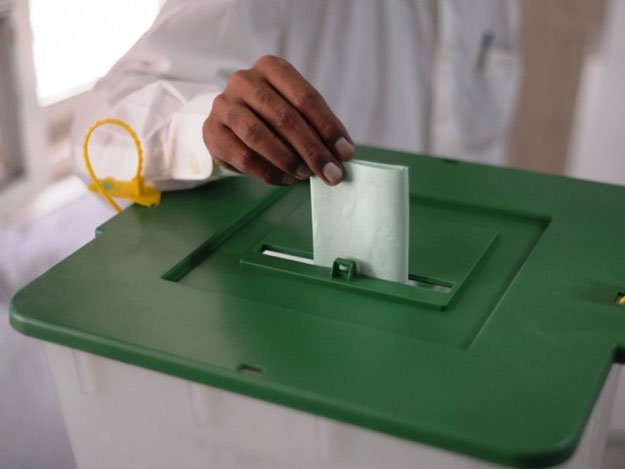
Speakers have called for constitutional supremacy, electoral reforms to ensure inclusivity, rule of law, focus on public service delivery and participatory governance.
They also called for the optimum use of technology for creating efficient systems for governance at all levels. Policy practitioners and academics said this while speaking at a seminar jointly organized by Institute of Policy Studies (IPS) and Islamabad Policy Research Institute (IPRI).
Chaired by Chairman IPS Khalid Rahman and co-hosted by Brig (retd) Raashid Wali Janjua, director research at IPRI and Ambassador (retd) Syed Abrar Hussain, Vice-Chairman at IPS, the seminar was addressed by Syed Abu Ahmad Akif, former federal secretary, Dr Syed Tahir Hijazi, former member governance, Planning Commission of Pakistan, Dr Noreen Saher, associate professor/chairperson, Department of Anthropology, International Islamic University, Islamabad, Muhammad Arshad, CEO, Sehat Sahulat Programme, Ministry of National Health Services, Regulations and Coordination and Jawad Akhtar Khokhar, advisor, maritime affairs, Planning Commission of Pakistan.
Akif put up a series of questions highlighting several internal and external contributory factors leading to the governance deficit in Pakistan. He underscored economic mismanagement, political disorder, deteriorating civil services, civil-military relations, internal conflicts, lawlessness, extremism, militancy, intolerance, rising debts, external forces, and geo political circumstances as some of the reasons behind the sorry state of affairs in the country.
He urged on the need to change the mindset to a productive and constructive one, stressing that no problem can be solved by the same thinking that generated it in the first place.
Arshad backed Akif’s notions, maintaining that not everything was bad in the country and several success stories can be seen in its journey of seventy-five-years. The development of nuclear weapons and the success against the war on terror were a couple of highlighted examples, but the country has also witnessed commendable progress in some other areas as well and the national capacity to use ICT for governance and public service delivery is at par with the developed nations.
The speaker termed the successful planning and implementation of Sehat Sahulat Programme no less than an achievement itself, as it was delivering health services to 170 million people through 1036 hospitals across the country. A precedence of such a model with such magnitude and in the face of such insurance challenges, according to him, was not even seen in the G7 countries, and the fact that all this was done with any political conformity makes this achievement even sweeter.
The speaker maintained that this is just another success example that can be replicated in other sectors as well. The only requirement is to channelize the available resources and adopt the real model of inclusive governance where everyone has a specific role to play, for which he takes ownership and becomes responsible and accountable.
Khokhar spoke from the perspective of Gwadar, pointing out challenges in the areas of Gwadar port and city integration, travelling, connectivity and training.
Published in The Express Tribune, November 5th, 2022.







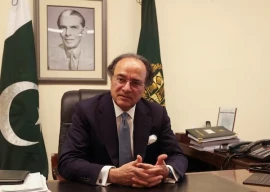
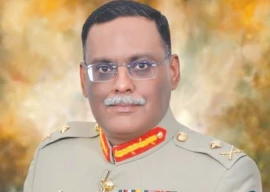



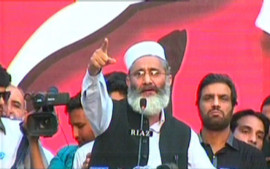


1726123648-0/results-(1)1726123648-0-270x192.webp)
1726050603-0/Untitled-design-(74)1726050603-0-270x192.webp)
1726119306-0/Untitled-design-(85)1726119306-0-270x192.webp)
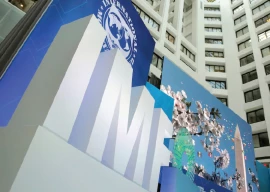
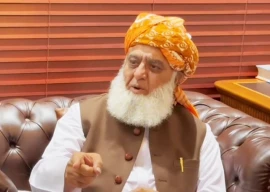

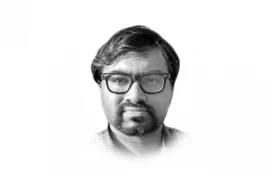





COMMENTS
Comments are moderated and generally will be posted if they are on-topic and not abusive.
For more information, please see our Comments FAQ